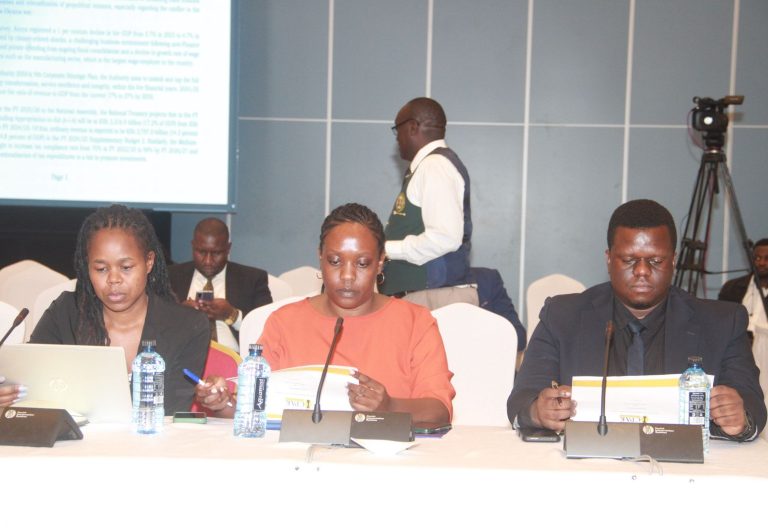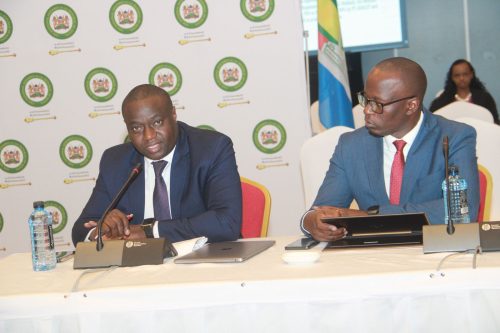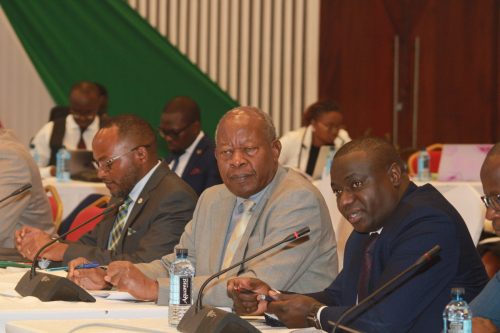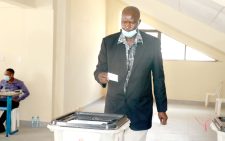ICPAK proposes reforms to Finance Bill 2025

The Institute of Certified Public Accountants of Kenya (ICPAK) has submitted a comprehensive set of proposals on the Finance Bill 2025, urging the National Assembly to adopt reforms that balance revenue generation with economic growth and taxpayer fairness.
“In response to the call for proposals on the Finance Bill, 2025, by the National Assembly, the Institute hereby submits the following proposals on specific tax laws to be amended,” they stated.
Economic context
Kenya’s economy faces headwinds, with GDP growth dropping from 5.7% in 2023 to 4.7% in 2024, driven by climate shocks, anti-Finance Bill protests, and reduced spending, according to the 2025 Economic Survey. Globally, economic growth is projected to slow to 2.8% in 2025, with Sub-Saharan Africa at 3.8%.
The Kenya Revenue Authority (KRA) aims to raise the tax-to-GDP ratio from 17% to 27% by 2030, targeting KSh 3,316.9 billion in revenues for FY 2025/26. However, the International Monetary Fund (IMF) has advised Kenya to prioritise spending rationalisation over aggressive tax hikes to avoid public backlash.

Key observations
ICPAK highlights a declining tax-to-GDP ratio, from 15.5% in 2014 to 13.1% in 2020, exacerbated by COVID-19 relief measures. While KRA’s revenue collection grew by 11.1% to KSh 2,407 billion in FY 2023/24, it fell short of the KSh 2,520 billion target. Kenya lags behind Rwanda and Burundi in the East African Community’s tax-to-GDP rankings, stressing the need for strategic reforms.
Focus on manufacturing
The manufacturing sector, a key employer, grew by 2.8% in 2024 but contributed only 7.3% to GDP, down from 7.5% in 2023. ICPAK warns that proposed tax changes could undermine growth in sub-sectors like agro-processing and automotive manufacturing.
The institute proposes retaining tax incentives for local vehicle assemblers and reducing excise duties on locally produced plastics to enhance competitiveness.
Proposed reforms
ICPAK’s 39 recommendations span income tax, VAT, excise duty, and tax procedures, aiming to align the Finance Bill with the government’s Medium-Term Revenue Strategy (MTRS) and support key sectors. Highlights include:
1. Income tax
Extend the proposed 5-year cap on tax loss carryforward to 15 years, with indefinite carryforward for investment allowances.
Reduce the corporate tax rate from 30% to 28% to align with global (23.51%) and African (27.28%) averages, boosting investment and compliance.
Expand Pay As You Earn (PAYE) bands and lower the top rate from 35% to 28% to increase disposable income and align with regional peers like Ghana.
Retain the 15% tax rate for real estate firms building 100+ residential units to support affordable housing under the Bottom-Up Economic Transformation Agenda (BETA).
Waive taxes on terminal dues for dependents of deceased employees.

2.Value added tax (VAT)
Reduce the VAT rate from 16% to 15% (and eventually 14%) to boost consumption and compliance.
Retain exemptions for specialised hospital equipment, solar/wind energy equipment, and inputs for vehicle manufacturing to support healthcare, green energy, and industrial growth.
Remove or allow exemptions for withholding VAT (WHVAT) to ease cash flow for businesses with perpetual VAT credits.
Lower the general VAT penalty from Ksh1 million to Ksh100,000 for affordability.
3. Excise duty
Include non-deposit-taking microfinance institutions in the definition of digital lenders.
Remove excise duty on locally manufactured plastics and allow offsets for packaging materials to support local industries.
Author
Kenneth Mwenda
Kenneth Mwenda is a digital writer with over five years of experience. He graduated in February 2022 with a Bachelor of Commerce in Finance from The Co-operative University of Kenya. He has written news and feature stories for platforms such as Construction Review Online, Sports Brief, Briefly News, and Criptonizando. In 2023, he completed a course in Digital Investigation Techniques with AFP. He joined People Daily in May 2025. For inquiries, he can be reached at kenneth.mwenda@mediamax.ke.
View all posts by Kenneth Mwenda













